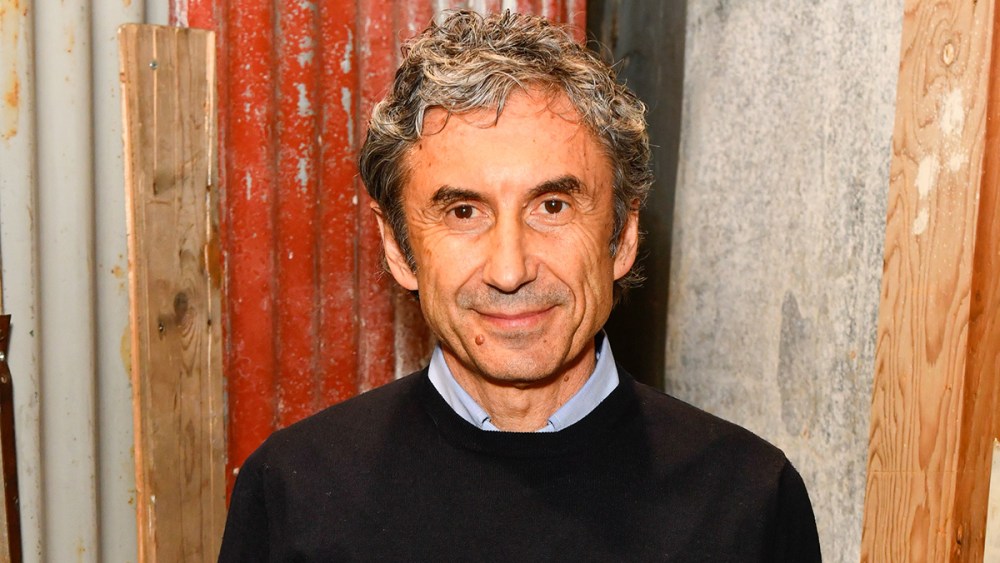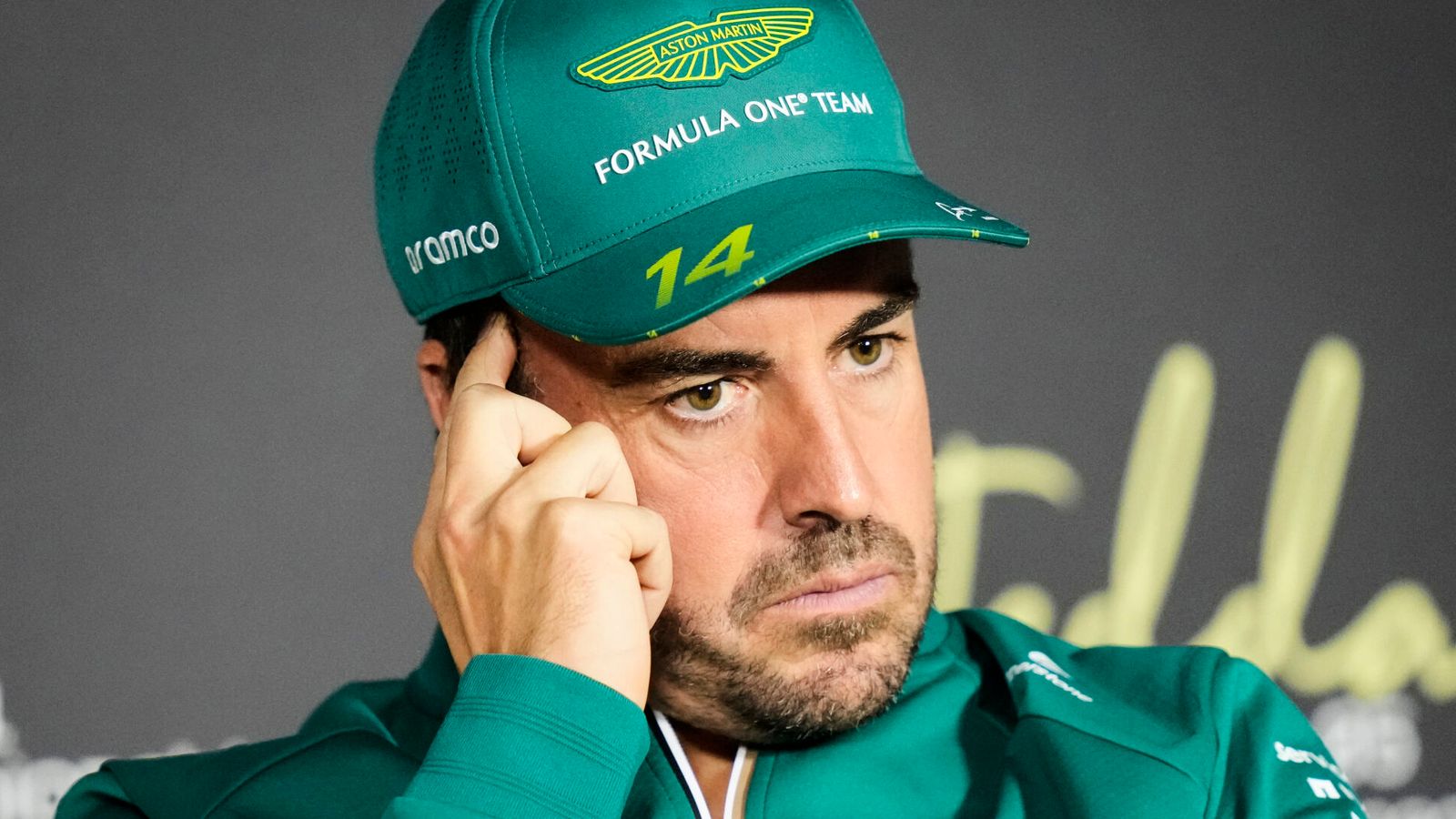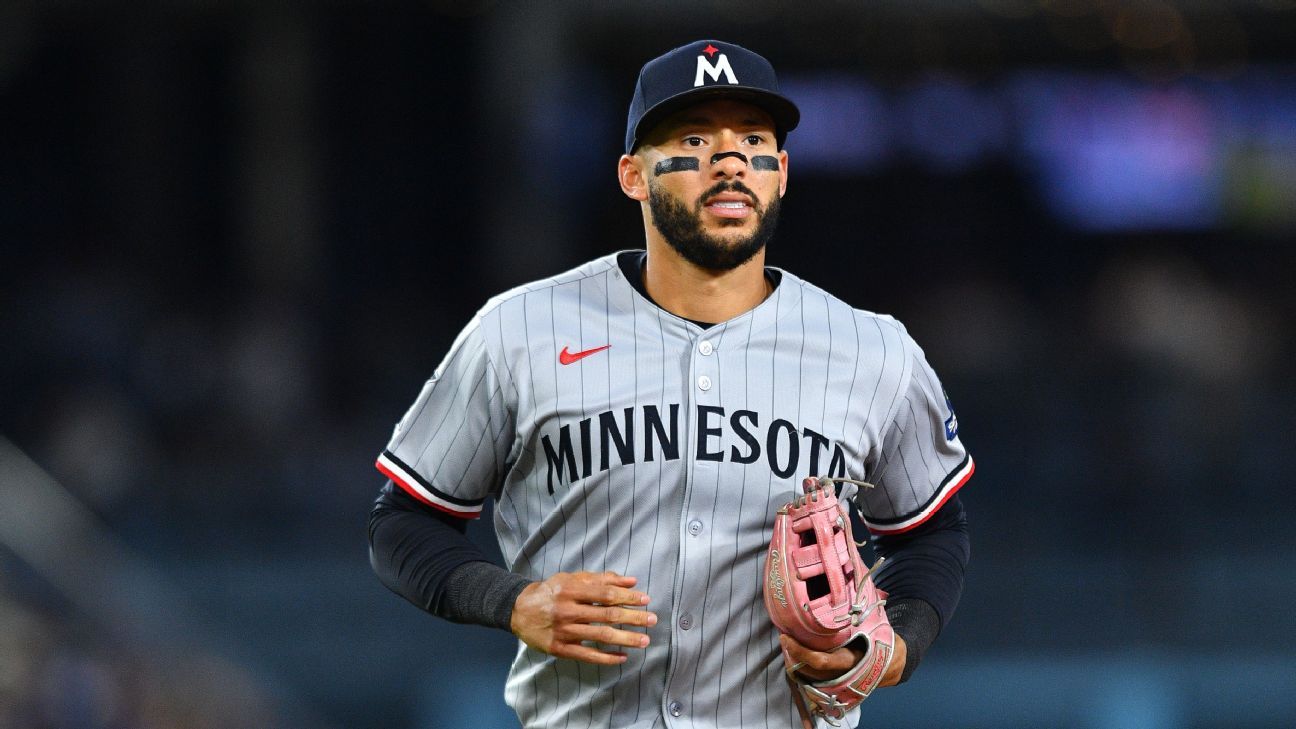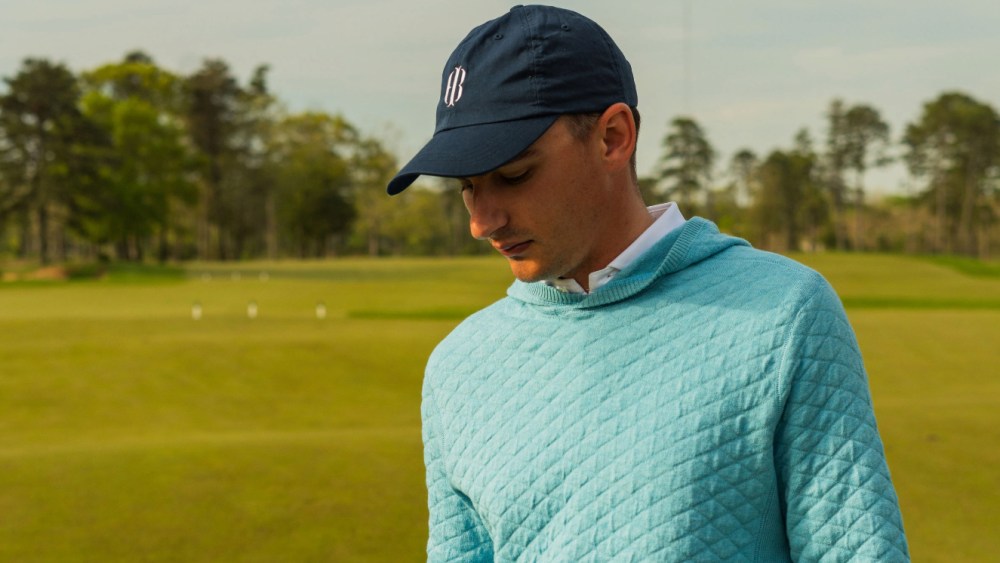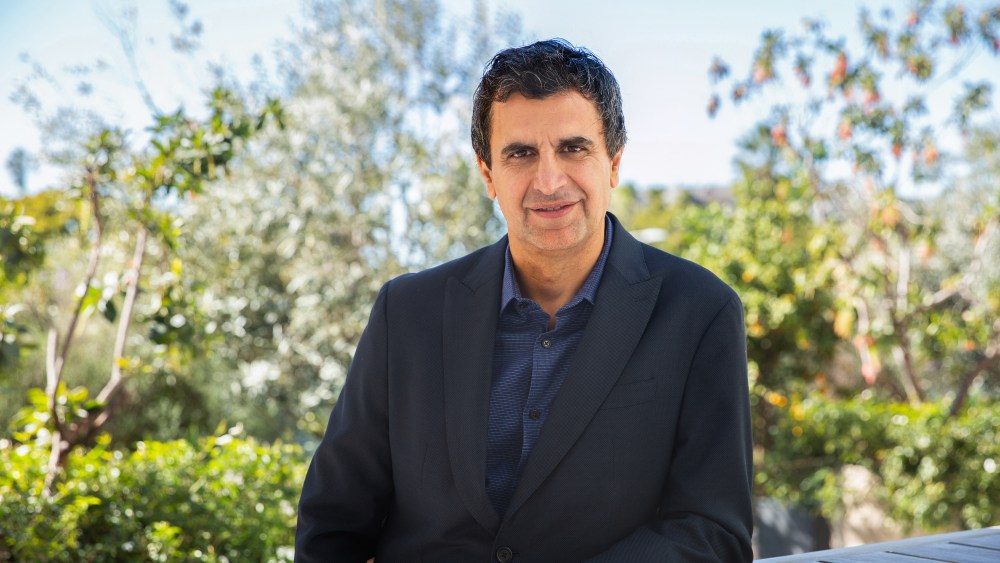
LONDON – Unilever’s beauty and wellbeing brands, led by Dove, drove growth in a lackluster first quarter marked by macroeconomic uncertainty and management upheaval that saw Fernando Fernandez replace Hein Schumacher as chief executive.
Sales dipped 0.9 percent to 14.8 billion euros in the three months to March 31, but grew 3 percent on an underlying basis. The company said the decline was due chiefly to disposals, but also to a shaky environment for consumers worldwide.
In his debut quarterly update, Fernandez described the first quarter performance as “resilient” and said growth came from Unilever’s “increasingly premium and innovation-led portfolio in developed markets.”
He flagged “heightened global macroeconomic uncertainty,” and said there were “interventions in place” in some emerging markets to step up growth.
Fernandez, formerly Unilever’s chief financial officer who took the helm in February following Schumacher’s ousting, said the quality of the company’s innovation program, “the strong investment behind our brands and our improving competitiveness give us confidence we will deliver on our full-year plans.”
Unilever, he said, is on track to deliver 3 to 5 percent underlying sales growth in 2025, due to product innovation and “expected improvements in Indonesia and China in the second half resulting from the decisive actions we have taken in both markets.”
He’s also anticipating a “modest improvement” in underlying operating margin for the full year, versus 18.4 percent in 2024, and said the direct impact of U.S. tariffs on profitability is expected to be “limited and manageable.”

Priya Nair, group president beauty and wellbeing at Unilever.
In the first three months, Unilever’s “power brands,” which cut across all product categories, grew 3 percent.
Strong performers included Dove, Unilever’s largest brand, which grew more than 8 percent in the first three months. Other top brands were Vaseline, Liquid I.V. and Magnum, which will be part of the new ice cream division that’s set to be listed on the stock exchanges in Amsterdam, London and New York later this year.
The beauty and wellbeing and personal care divisions grew 4.1 percent and 5.1 percent, respectively, on an underlying basis, and outstripped home care and foods.
In beauty and wellbeing, Vaseline and Dove grew in the double-digits, supported by the rollouts of Vaseline’s Pro Derma Ceramide range and Dove’s body serums across the Americas. Liquid I.V. and Nutrafol also delivered double-digit growth, according to Unilever.
Prestige beauty declined low-single digit reflecting the slowdown in the beauty market. Hourglass and Tatcha continued to grow in the double-digits, while Paula’s Choice and Dermalogica declined. The premium biotech hair care brand K18 saw strong double-digit growth.
In personal care, Dove, which represents around 40 percent of the division’s turnover, grew in the high-single digits. Unilever said growth was driven by the “continued success and rollout of Dove’s serum shower collection and whole-body deodorants, and supported by its Super Bowl advertising campaign.”
#Beauty #Wellbeing #Brands #Led #Dove #Drive #Unilevers #Growth


